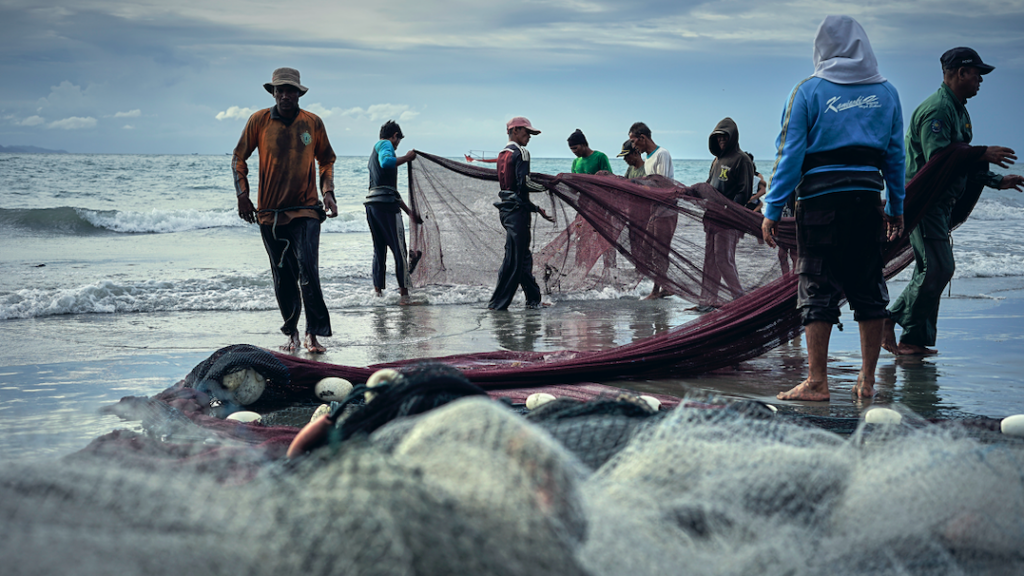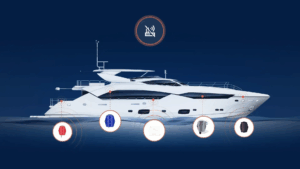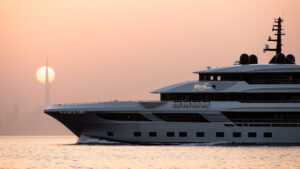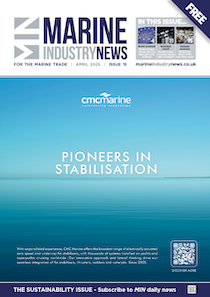UK supermarkets in spotlight over demand for tuna fishing overhaul
 Credit: FAD Recovery Project. Drifting FAD washed up on the Indian Ocean.
Credit: FAD Recovery Project. Drifting FAD washed up on the Indian Ocean.
The General Court of the European Court of Justice has ruled in favour of environmental NGOs, requiring the European Commission to reconsider its decision to block fisheries management measures aimed at protecting Indian Ocean tuna stocks.
Brought to light by UK-based Blue Marine Foundation and French non-profit Bloom Association, the NGOs challenged the Commission’s 2023 opposition to an Indian Ocean Tuna Commission (IOTC) – proposing limits on the use of drifting Fish Aggregating Devices (FADs) (a method linked to unsustainable fishing practices).
The court concluded that the European Commission’s refusal to support the IOTC conservation measure must be open to legal scrutiny. The ruling marks an advancement for access to justice in environmental matters.
Priyal Bunwaree, senior legal counsel at Blue Marine Foundation, comments: “We have succeeded in ensuring that a decision which impacts the health of distant waters can no longer escape legal scrutiny. This judgment has implications that reach well beyond marine protection; it marks a significant step forward for access to justice in environmental matters.”
Drifting FADs are artificial floating devices used to attract tuna, but have drawn criticism for contributing to overfishing, high bycatch rates and marine plastic pollution. Studies estimate that over 1.4 million of these were deployed globally between 2007 and 2021, covering more than a third of the ocean’s surface.
The legal outcome has also increased attention on tuna sourcing practices in the UK retail sector. According to Blue Marine Foundation, most major UK supermarkets (the UK’s top 10 retailers) continue to stock canned tuna sourced from fisheries using FADs, despite their commitment to sustainable seafood sourcing. A report by the Bloom Association found that more than half of the tuna labelled as “sustainable” by the MSC comes from fisheries using FADs.
Jess Rattle, head of investigations at Blue Marine, says: “The court says the commission should review its decision to object to measures ‘aimed at the greater protection of fish stocks’ which included an important 72-day ban on drifting FADs in the Indian Ocean. Retailers should be aware of this, and of the fact that the EU-owned purse seine fleet alone catches 30 per cent of the region’s tuna and does so using these destructive devices, with this tuna making its way onto our shelves.
“UK supermarkets have been well aware of the harm caused by drifting FADs for years, evidenced by the fact that many have made public commitments to ban them in their own-label tuna. Yet, despite these promises, they continue to sell brand-name tuna caught using the same destructive methods. UK consumers are being misled by supermarket sustainability claims.”
While some retailers (including Marks & Spencers) have removed FAD-caught tuna from their own label lines, investigations suggest those supermarkets supplying brands such as John West and Princes are linked to the controversial method.
Blue Marine’s CEO, Clare Brook, says: “This is a significant battle won in the long war against mindlessly destructive overfishing. By emptying the ocean of fish, we are depriving some of the poorest people in the world of their food and their future. The EU has been surprisingly culpable in this, and it needs to address its approach, as do the retailers.”
Blue Marine Foundation is urging UK retailers not to enter into new supply agreements involving tuna caught with FADs, with an aim to protect marine ecosystems.













Leave a Reply